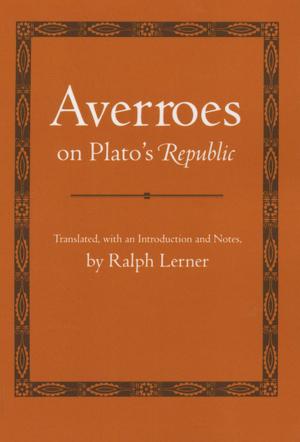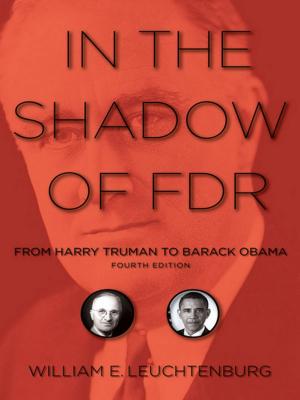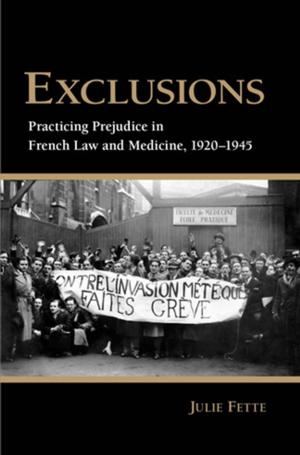Separated by Their Sex
Women in Public and Private in the Colonial Atlantic World
Nonfiction, History, Americas, United States, Colonial Period (1600-1775), British| Author: | Mary Beth Norton | ISBN: | 9780801461378 |
| Publisher: | Cornell University Press | Publication: | May 16, 2011 |
| Imprint: | Cornell University Press | Language: | English |
| Author: | Mary Beth Norton |
| ISBN: | 9780801461378 |
| Publisher: | Cornell University Press |
| Publication: | May 16, 2011 |
| Imprint: | Cornell University Press |
| Language: | English |
In Separated by Their Sex, Mary Beth Norton offers a bold genealogy that shows how gender came to determine the right of access to the Anglo-American public sphere by the middle of the eighteenth century. Earlier, high-status men and women alike had been recognized as appropriate political actors, as exemplified during and after Bacon’s Rebellion by the actions of—and reactions to—Lady Frances Berkeley, wife of Virginia’s governor. By contrast, when the first ordinary English women to claim a political voice directed group petitions to Parliament during the Civil War of the 1640s, men relentlessly criticized and parodied their efforts. Even so, as late as 1690, Anglo-American women’s political interests and opinions were publicly acknowledged.
Norton traces the profound shift in attitudes toward women’s participation in public affairs to the age’s cultural arbiters, including John Dunton, editor of the Athenian Mercury, a popular 1690s periodical that promoted women’s links to husband, family, and household. Fittingly, Dunton was the first author known to apply the word "private" to women and their domestic lives. Subsequently, the immensely influential authors Richard Steele and Joseph Addison (in the Tatler and the Spectator) advanced the notion that women’s participation in politics—even in political dialogues—was absurd. They and many imitators on both sides of the Atlantic argued that women should confine themselves to home and family, a position that American women themselves had adopted by the 1760s. Colonial women incorporated the novel ideas into their self-conceptions; during such "private" activities as sitting around a table drinking tea, they worked to define their own lives. On the cusp of the American Revolution, Norton concludes, a newly gendered public-private division was firmly in place.
In Separated by Their Sex, Mary Beth Norton offers a bold genealogy that shows how gender came to determine the right of access to the Anglo-American public sphere by the middle of the eighteenth century. Earlier, high-status men and women alike had been recognized as appropriate political actors, as exemplified during and after Bacon’s Rebellion by the actions of—and reactions to—Lady Frances Berkeley, wife of Virginia’s governor. By contrast, when the first ordinary English women to claim a political voice directed group petitions to Parliament during the Civil War of the 1640s, men relentlessly criticized and parodied their efforts. Even so, as late as 1690, Anglo-American women’s political interests and opinions were publicly acknowledged.
Norton traces the profound shift in attitudes toward women’s participation in public affairs to the age’s cultural arbiters, including John Dunton, editor of the Athenian Mercury, a popular 1690s periodical that promoted women’s links to husband, family, and household. Fittingly, Dunton was the first author known to apply the word "private" to women and their domestic lives. Subsequently, the immensely influential authors Richard Steele and Joseph Addison (in the Tatler and the Spectator) advanced the notion that women’s participation in politics—even in political dialogues—was absurd. They and many imitators on both sides of the Atlantic argued that women should confine themselves to home and family, a position that American women themselves had adopted by the 1760s. Colonial women incorporated the novel ideas into their self-conceptions; during such "private" activities as sitting around a table drinking tea, they worked to define their own lives. On the cusp of the American Revolution, Norton concludes, a newly gendered public-private division was firmly in place.















